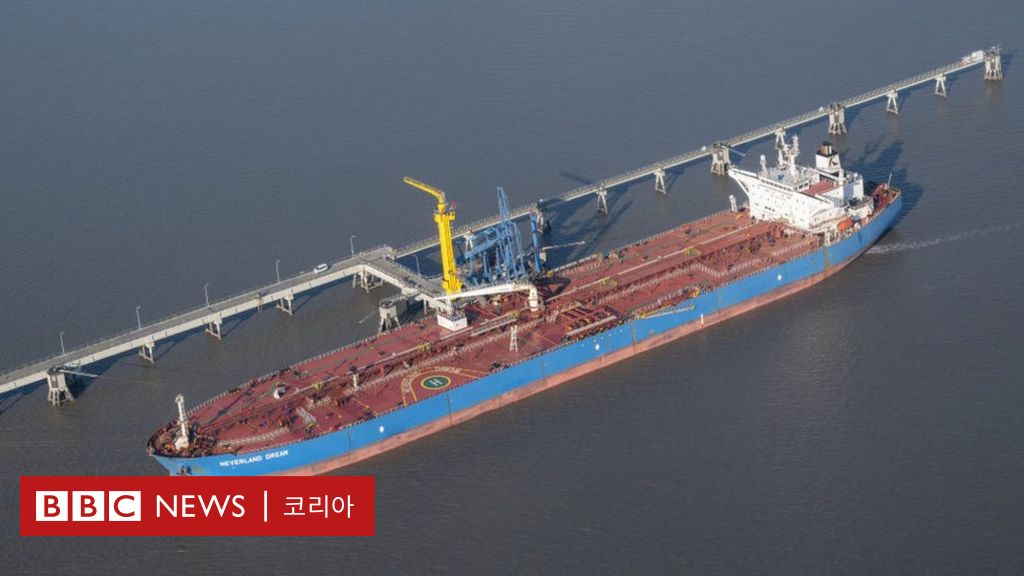photo source, Getty Images
The countries adhering to the measure will not be able to buy Russian crude oil at a price higher than 60 dollars a barrel.
After the European Union (EU), the main seven countries (G7) and Australia have also agreed on the maximum limit for Russian crude oil.
On the 2nd (local time), the G7 and Australia issued a joint statement and announced that they would implement the cap on Russian crude as early as the 5th.
Previously, the EU, including Poland, had agreed to set the limit.
Below the limit, countries cannot buy Russian crude above $60 a barrel.
Poland expressed its willingness to participate on the 2nd after receiving a guarantee that the cap would be kept at 5% below the market price.
The maximum price was proposed by the G7 countries in September. This is to avoid a situation where Russia benefits from crude oil exports without being affected by rising crude oil prices.
The EU wanted to set the upper limit between $65 and $70, but Poland, Lithuania and Estonia reportedly objected, saying the price was too high.
Poland wanted the limit to be as low as possible and delayed participation while reviewing a mechanism to adjust the limit to market prices whenever crude oil prices fluctuated.
As of the 2nd, Russian Ural crude was trading at $64 a barrel.
According to the joint statement, the purpose of introducing the price cap is “to prevent Russia from profiting from a war of aggression in Ukraine”.
The move aims to “stabilize global energy markets and minimize the negative economic ramifications of the war, especially in low- and middle-income countries that have been disproportionately affected by Russia’s war of aggression,” he said.
Earlier, the EU announced that it will also come into force on the 5th of the ban on imports of crude oil from Russia.
The price cap applies to all crude oil imports worldwide and is interpreted as a complement to the previous measures.
Ukraine’s Western allies plan to ban the insurance of tanker ships carrying Russian crude to countries that do not meet the cap, effectively making it difficult for Russia to sell crude above the cap.
White House National Security Council (NSC) spokesman John Kirby welcomed news of the deal with the EU on Monday and said the move would slow down Russian President Vladimir Putin’s “weapons of war”.
Russia condemned the move and said it would not supply crude oil to captive countries.
According to the International Energy Agency (IEA), Russia exported more than half of its oil to Europe last year, before war broke out in Ukraine. Of these, Germany was the largest importer, followed by the Netherlands and Poland.
But after the outbreak of war in Ukraine, EU countries are desperately trying to reduce their dependence on Russian oil. The US has already banned imports of crude oil from Russia and the UK plans to phase it out later this year.


